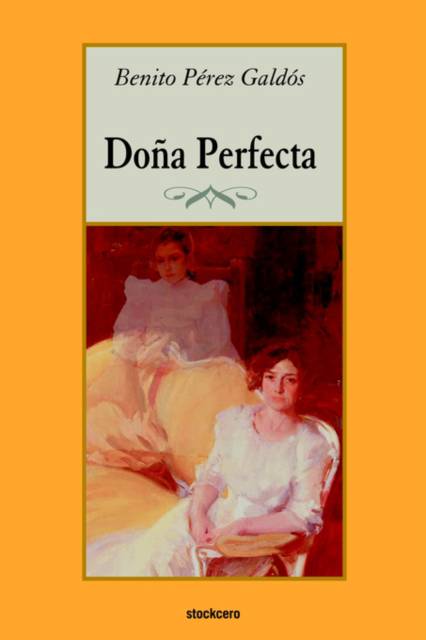
- Afhalen na 1 uur in een winkel met voorraad
- Gratis thuislevering in België vanaf € 30
- Ruim aanbod met 7 miljoen producten
- Afhalen na 1 uur in een winkel met voorraad
- Gratis thuislevering in België vanaf € 30
- Ruim aanbod met 7 miljoen producten
Zoeken
Omschrijving
In Spanish, annotated edition. Witness to the devastating effect of the religious problem in Spain -more acute during the first years of the the Bourbon Restoration (1875)- and the terrible clash between the Europeanized, liberal, egalitarian spirit and the traditionalist, provincial spirit, that opposed with ferocious fanaticism any new ideas that might challenge their cherished beliefs, Benito Perez Galdos believed that religiousness exceeded the personal questions and was tearing apart families, not to mention the entire nation. He thus set to write Doña Perfecta: a warning cry about a theocratical and mummified society in which the self-interest of the Church (Don Inocencio) caused it to work with the feudal landowners (Doña Perfecta) to stir up local political bosses and guerrilla leaders (Caballuco), who in turn lead the labradores and peasants (el tío Paso Largo, Frasquito González, José Esteban Romanero) to slaughter. If Juan Valera's Pepita Jiménez can be considered the epitome of the idealistic Spanish XIX century novel, Doña Perfecta seems to be Perez Galdos' answer or rebuttal.
Specificaties
Betrokkenen
- Auteur(s):
- Uitgeverij:
Inhoud
- Aantal bladzijden:
- 184
- Taal:
- Spaans
Eigenschappen
- Productcode (EAN):
- 9789871136131
- Verschijningsdatum:
- 6/10/2004
- Uitvoering:
- Paperback
- Formaat:
- Trade paperback (VS)
- Afmetingen:
- 152 mm x 229 mm
- Gewicht:
- 276 g

Alleen bij Standaard Boekhandel
+ 56 punten op je klantenkaart van Standaard Boekhandel
Beoordelingen
We publiceren alleen reviews die voldoen aan de voorwaarden voor reviews. Bekijk onze voorwaarden voor reviews.











